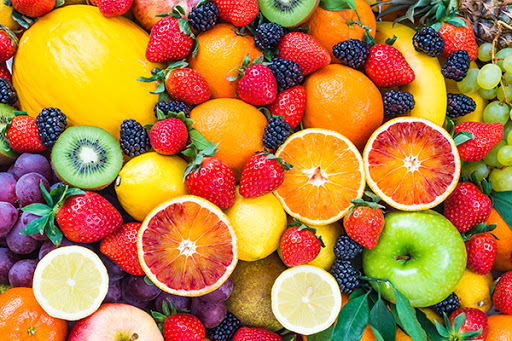The Perks of Eating Seasonal
By Michelle Slowey, MA, RDN, CDCES
In-season fruits and vegetables are fresher, healthier, and less costly. They are grown and harvested during optimal growing seasons (when the weather and soil cooperate) and therefore contain the highest amounts of nutrients and flavor. They produce the way nature intended and have the opportunity to ripen naturally and not have to be picked before their peak. Buying off-season season puts demands on food that needs to be outsourced. Produce is picked before it can fully ripen.
When the colder weather is upon us, heartier vegetables like squashes and root vegetables are seasonal specialties that can be used in stews and soups.
When the weather is warmer in the spring and summer months, more hydrating fruits like melons and citrus are at their peak. Spring is a great time to start a backyard garden. Summer produces an abundance of vegetables and fruits. Nothing can beat the sweetness of a June strawberry.
Besides taste and nutritional benefits, when you eat foods in season, you are helping local farmers, the environment, and the local economy. Less fuel, pesticides, water, and refrigeration are needed. Many restaurants have adopted a farm-to-table dining experience that allows recipes to be lower in sodium, calories, sugar, and fat. A good chef can elicit the authentic flavors of the foods. Cooking at home can be more simple. Light sauteing, steaming, grilling, and using marinades are good ways to enjoy the nutrition of the season.
Here is a list of foods that begin their Spring on Long Island: asparagus, broccoli, beets, cabbage, carrots, greens (arugula, chard, collards, kale, and mustard), radishes, rhubarb, strawberries
Enjoy the sweet tastes of summer!


